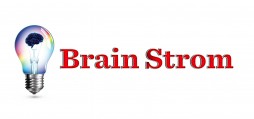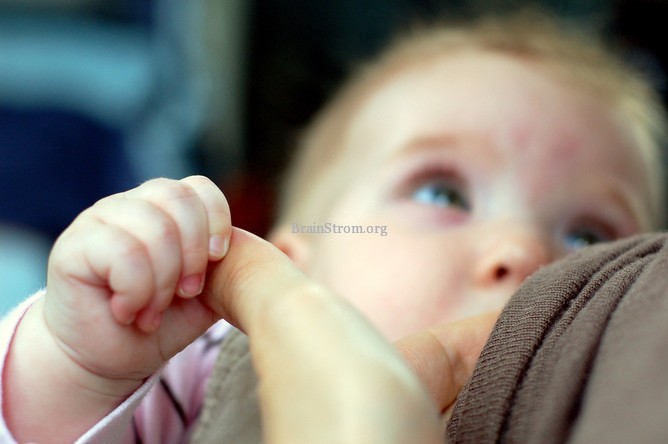Breast milk is one of the most important components of infant care. It provides complete nutrition and helps to prevent and fight infections. And it’s also safer – in much of the world, artificial infant feed is dangerous because clean water, which is essential for mixing with the powder, may not be available.
The World Health Organization (WHO) and UNICEFrecommend that infants be exclusively breastfed for six months and continue breastfeeding with the appropriate introduction of solids.
In Australia, although we have safe alternatives to breast milk and clean water to mix it with, we need to make mothers aware that breastfeeding needs to be the norm to protect their babies from infection. Babies are born with a relatively immature immune system that is supplemented with antibodies created by the mother in response to the environment that she and her baby share.
The risks of not breastfeeding include an increased incidenceof respiratory and gastrointestinal infections in infancy. What’s more, people who have not been breastfed have a higher incidence of obesity, diabetes, high blood pressure and coeliac and Crohn’s disease.
Mothers who breastfeed also enhance their own health –breastfeeding has been linked to a reduced incidence of breast and ovarian cancers, diabetes and cardiovascular disease. And, breastfeeding is environmentally-friendly – it doesn’t produce any additional waste from manufacturing or packaging.
Artificial infant feeds contain some components that are similar to breast milk but it’s impossible to mimic the vast array of live cells and other components of human milk that have important beneficial qualities. Nor can formula milk reflect or imitate the changing nature of breast milk over time. The amount and type of immune factors in breast milk change as babies grow and develop, and it even has a different composition if a baby is born prematurely. Indeed, an artificial infant feed that is largely the same as human milk simply doesn’t exist.
Breast milk introduces infants to flavours in foods that are thought to influence later eating habits. Research shows young children who have been breastfed eat a wider range of foods.
Mothers need accurate and appropriate information to help guide them through any difficulty they have with breastfeeding. Many groups advocate for breastfeeding and provide resources to educate the broader community. Information for families can be found on websites of the Australian Breastfeeding Association, Raising Children Network and the Baby Friendly Hospital Initiative.
Some women begin breastfeeding when their babies are born but then stop soon afterwards for one reason or another, such as a lack of support, the need to return to work or the thought that they don’t have enough milk. Breast milk is difficult to measure and the focus on numbers in infant care with regular measures of weight gain probably doesn’t help these doubts.
It’s easy to measure volumes consumed when feeding artificially but monitoring the amount of breast milk an infant is getting is more reliant on indicators such as urine volume, stools, infant behaviour and growth. Most babies are able to grow and thrive on breast milk alone until they are six months old, with a neat system of supply and demand; the more frequently the baby feeds, the more milk the mother makes!
We need to support breastfeeding because it’s the optimal way to feed infants. We can do this by creating and maintaining ways to encourage mothers to breastfeed – but we also need to encourage them to continue breastfeeding until their child is two years of age or beyond.
Access to health-care professionals who are trained and committed to breastfeeding as well as increasing the community’s knowledge to support women who are doing so will be helpful. Breastfeeding should not be hidden away, young women who observe others successfully feeding will be more likely to choose to breastfeed themselves.
And having a strong culture of breastfeeding will mean there are lots of women around who have the wisdom of their own experience to share. Governments can help with legislation to protect and promote breastfeeding and by implementing theWHO and UNICEF global strategy for infant and young child feeding.
Thanks for installing the Bottom of every post plugin by Corey Salzano. Contact me if you need custom WordPress plugins or website design.

